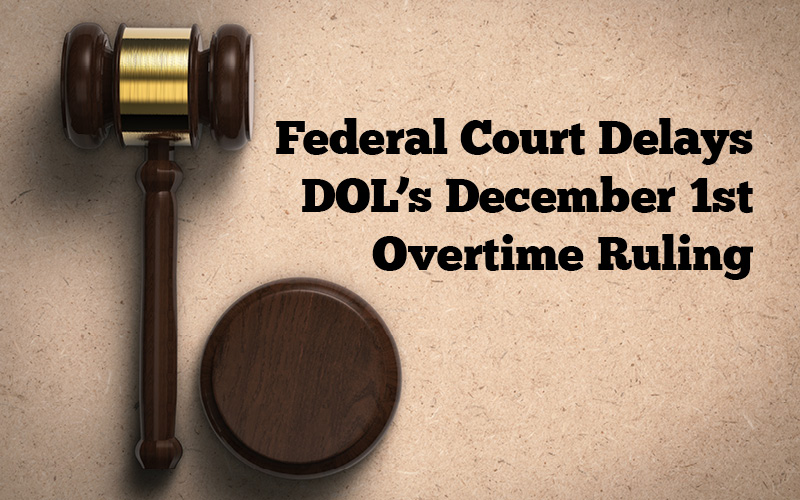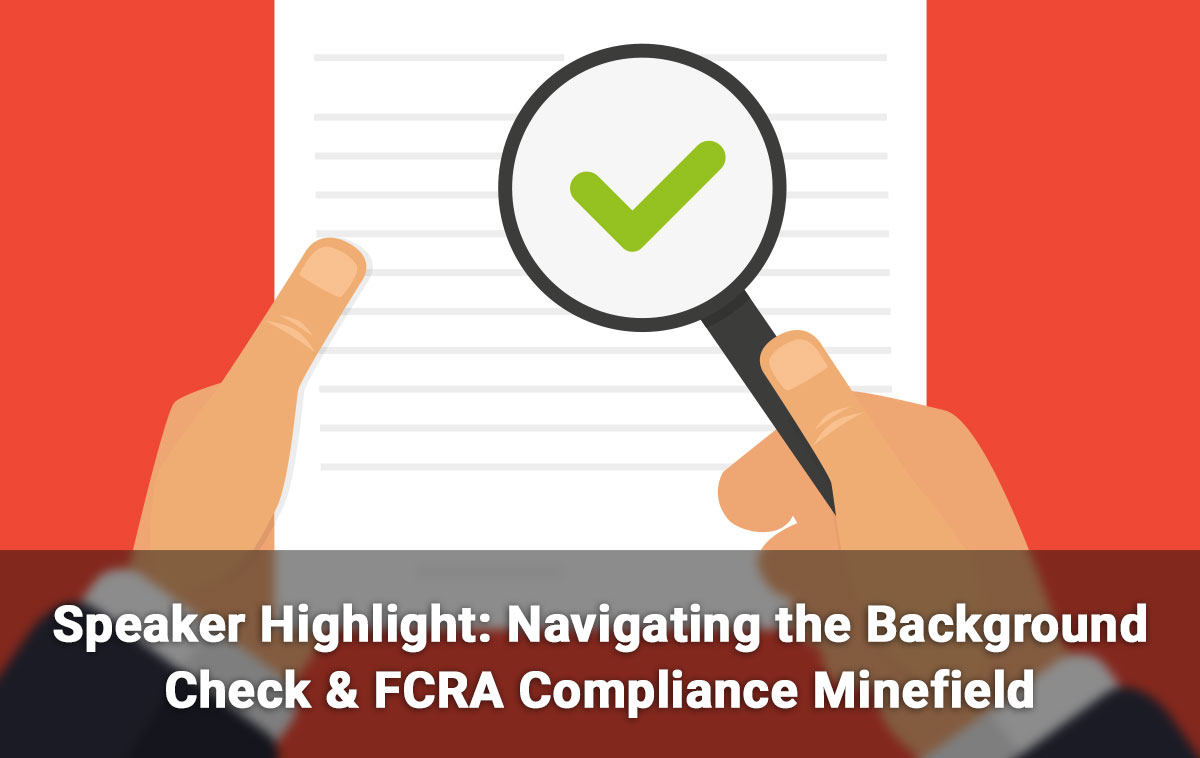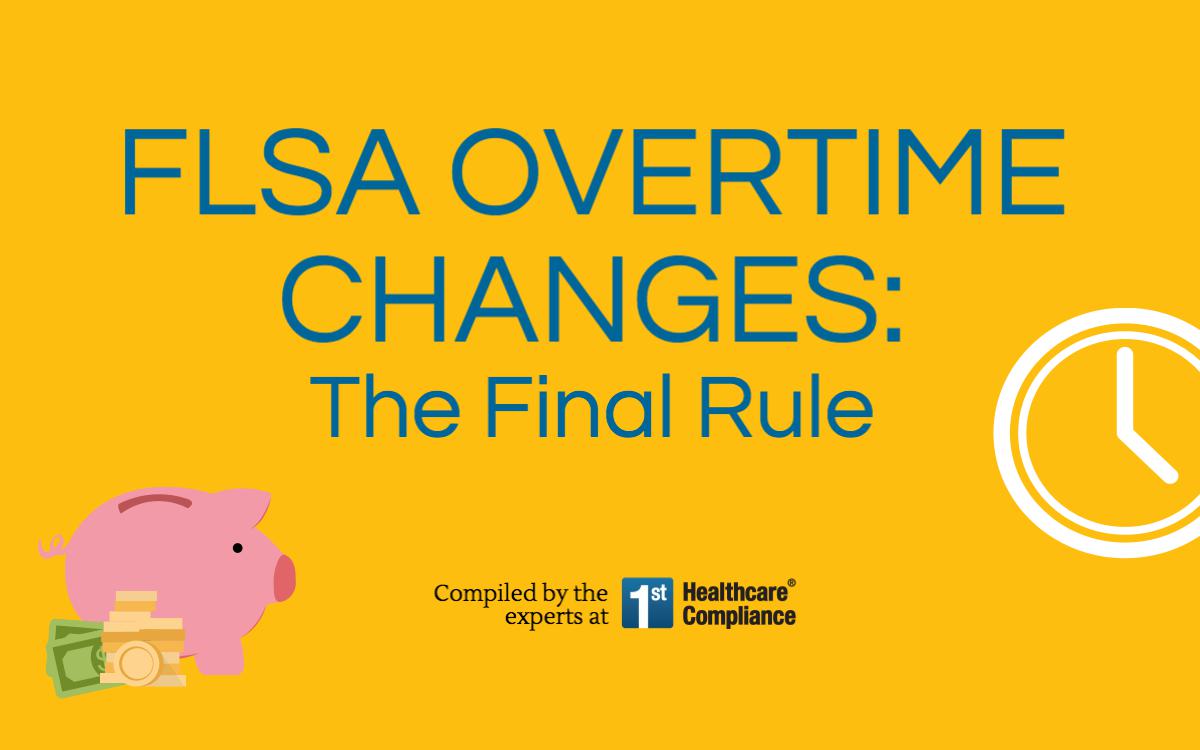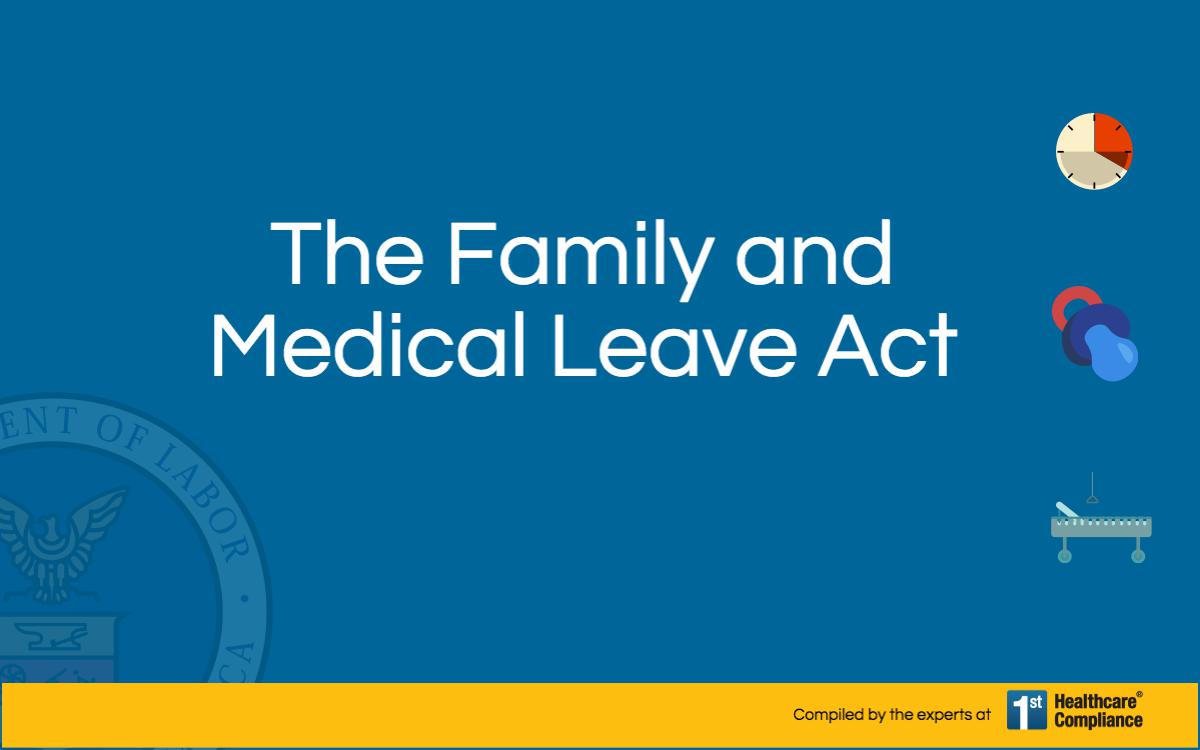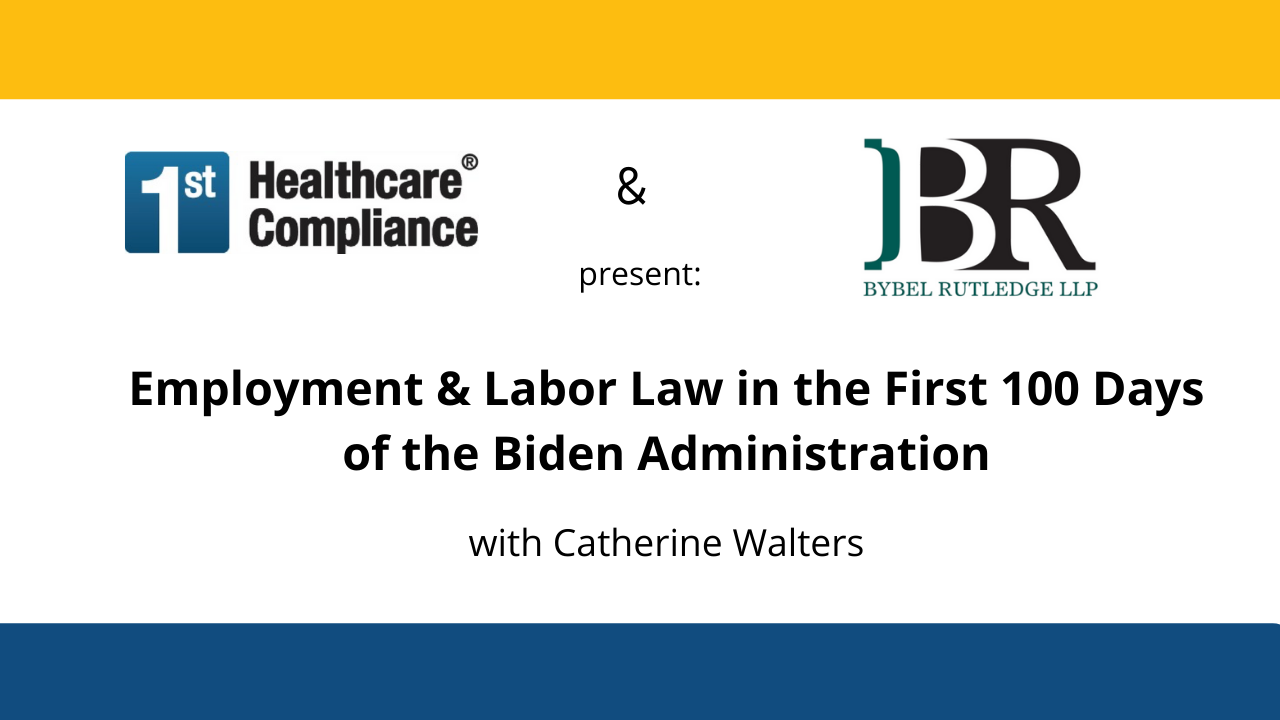Federal Court Delays DOL’s December 1st Overtime Ruling
The Fair Labor Standards Act (FLSA), is the federal wage law that requires, among other things, employers to pay federal minimum wage and overtime compensation for workers that do not meet an exemption. On May 18, 2016, the Department of Labor (DOL) issued a Final Rule updating the overtime provisions of the FLSA that raised the minimum salary level for overtime exemption from $23,660 to $47,476. Read the specifics of the DOL’s Final Rule in our previous post.
The Final Rule was expected to go into effect on December 1, 2016, however, that has been temporarily delayed by a preliminary injunction issued by a Texas federal district court judge in the consolidated case of State of Nevada v. United States Department of Labor. By way of background, two separate lawsuits were filed against the DOL in Texas challenging the overtime regulations. The first lawsuit was filed by a group of 21 states and the second lawsuit filed by a group of business organizations; both lawsuits were consolidated into one. In an effort to delay the overtime regulations before they went into effect, the plaintiffs requested an emergency preliminary injunction which was considered by Judge Amos L. Mazzant III. On November 22, Judge Mazzant ruled in favor of the plaintiffs and issued a nationwide preliminary injunction, which temporarily halts the overtime regulations from taking effect.
The preliminary injunction delays the December 1st date while the case continues to be litigated and until the judge issues his final decision. In the meantime, the DOL has appealed the preliminary injunction to the fifth circuit. But the new Trump administration may likely play a force in challenging the overtime regulations, by either abandoning the DOL’s appeal or with new rulemaking efforts.
All of this causes much uncertainty for employers since the overtime rules have not technically gone into effect. Although the regulations seem to be facing an uphill battle, there are risks involved for employers taking the ‘wait and see approach’—the injunction could be either overturned or vacated and the overtime regulations enforced retroactively to December 1. Employers will have to weigh these risks in determining how to proceed. And time will only tell as to how this will all play out. In the meantime, look out for future posts from First Healthcare Compliance to keep you updated on ongoing developments.

